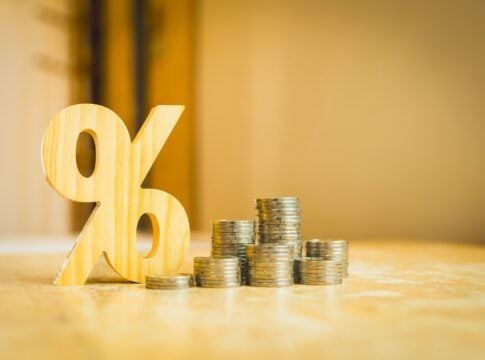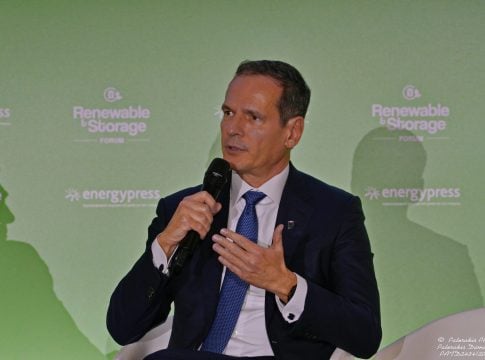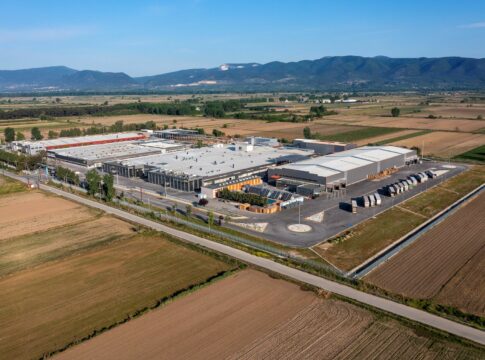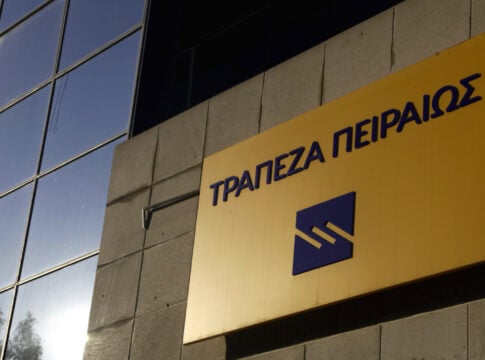While strong eurozone economies, such as Germany and Spain, faced rising inflation in December, Greece, according to preliminary Eurostat data, recorded a slight decline in the harmonized index of consumer prices to 2.9% from 3% in November.
The positive contribution was attributed to the downward trend in food prices, in contrast to the energy sector, where prices in the last month of 2024 moved upwards.
At the eurozone level, the data showed an acceleration in inflation to 2.4% from 2.2% in November, indicating to monetary policymakers that we may be close to the 2% target, but it has not yet been achieved. According to the ECB’s forecasts, the 2% inflation target may indeed be achieved in the last quarter of 2025. It is noteworthy that the rise in natural gas prices in recent days is just one element of a changing landscape that could jeopardize this outlook. At the same time, possible imposition of tariffs by the US may further undermine the outlook.
9th highest inflation in the eurozone
Based on Eurostat data, Greece recorded the 9th highest inflation in the eurozone. More specifically, a smaller increase was recorded in food prices, as well as beverages and tobacco, as a decrease of 0.2% was recorded in December compared to an increase of 0.5% in November, 1% in October and 2.9% in September. On the contrary, energy prices moved higher, with the relevant index in Greece at 0.7% compared to a decrease of 2.3% in November. The rate of increase in prices in the services sector remained unchanged, up by 5.6% in the last two months of 2024.














